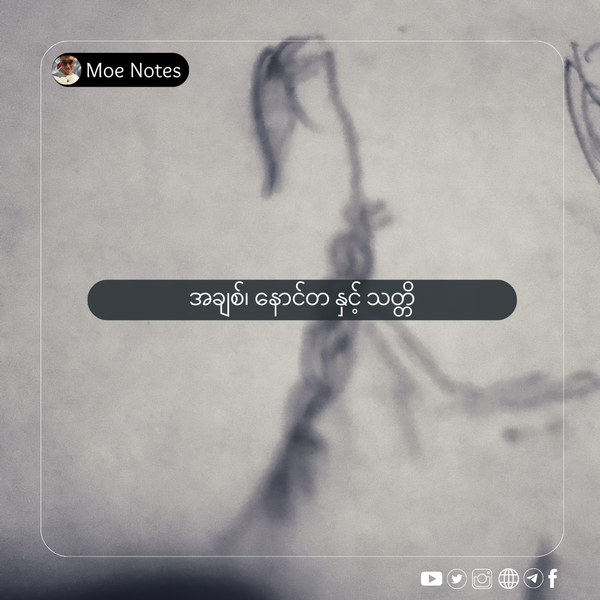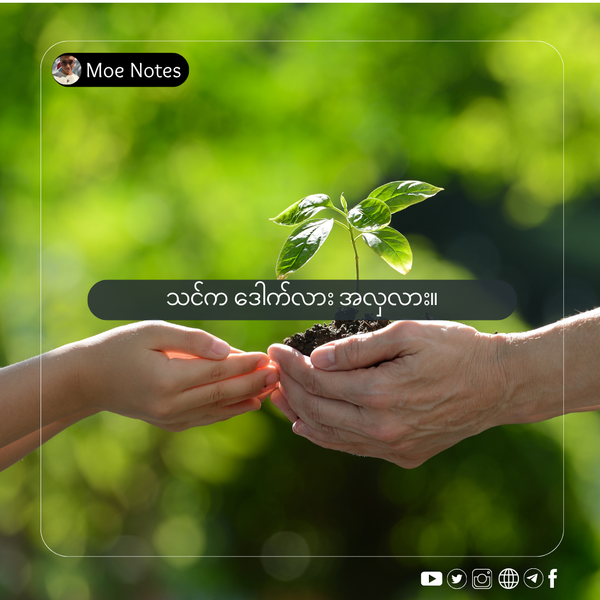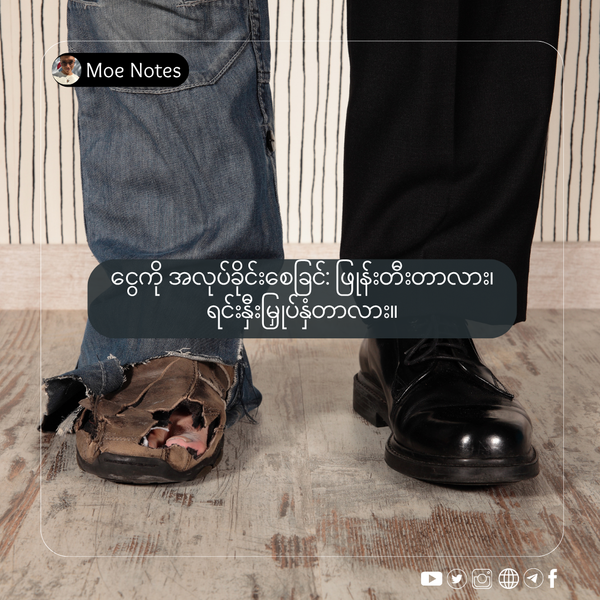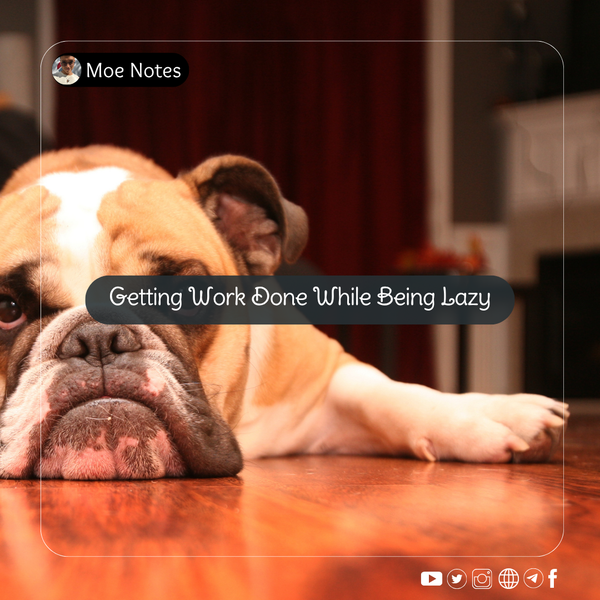The Unseen Syllabus: A Burmese Student’s Guide to Life in the UK
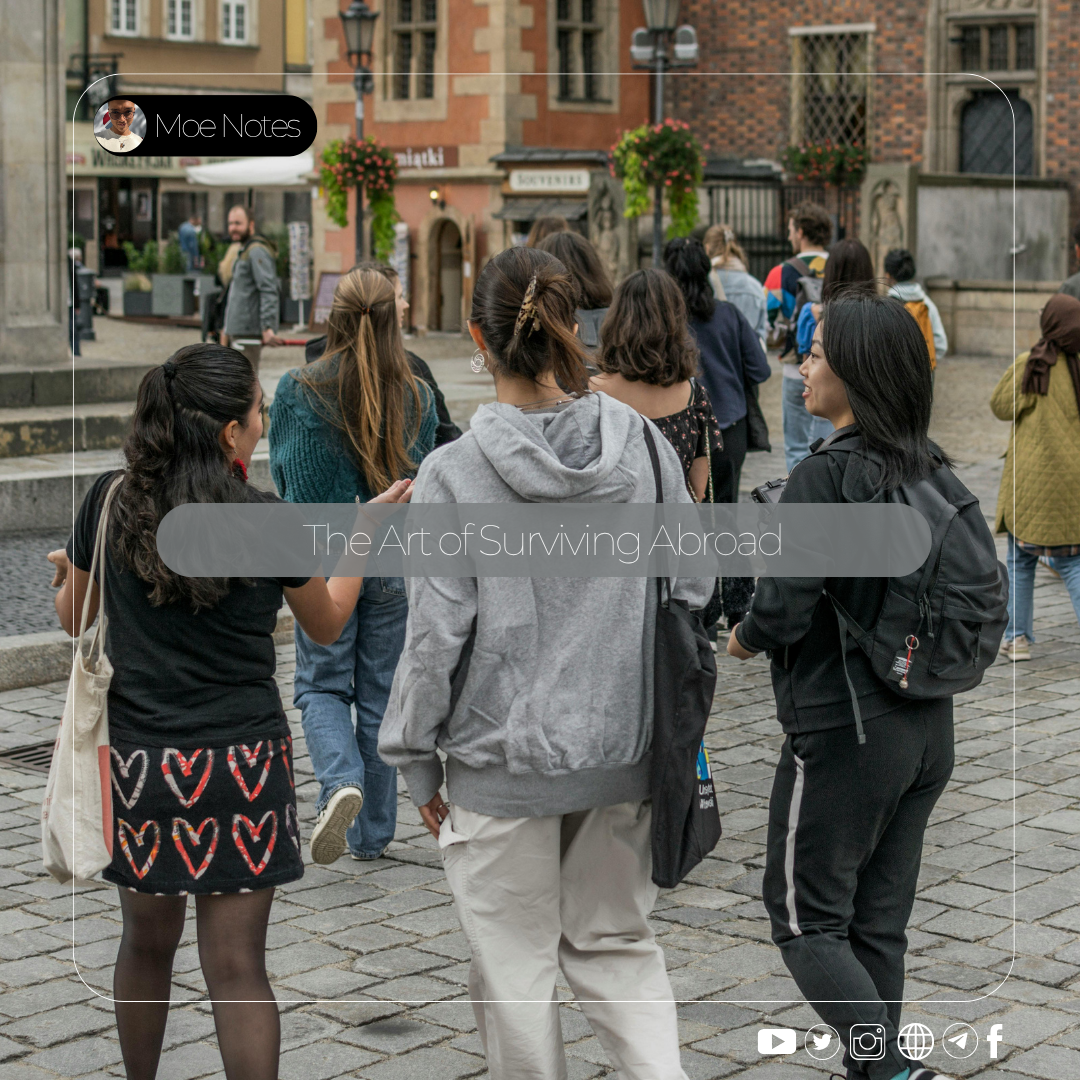
This article is also available in [Burmese]
For many young people from Myanmar, studying abroad isn’t just an academic pursuit; it’s a lifeline. It represents a dream of stability, opportunity, and a future that feels uncertain back home. I know this because I am one of them. I still remember the feeling of looking down from the airplane, seeing the patchwork of fields around my new city, and feeling the first bite of cold English air—a world of new beginnings.
But behind that dream lies an unseen syllabus, a curriculum of challenges that no university prospectus can prepare you for. It's a journey marked by silent struggles, lonely nights, and hard-won lessons. This is not a story meant to discourage. It is a practical guide, a map drawn from my own mistakes, my own anxieties, and the lessons I paid for in cash and tears.
These are my experiences, and they may not mirror yours exactly. But if even one piece of this story helps you sidestep a pitfall or feel a little less alone, then sharing it will have been worth it.
Chapter 1: The Currency of Survival - Redefining 'Value'
The first battleground for any student from Myanmar is finance. With the value of our home currency, the Kyat, in a near-constant state of decline due to the economic turmoil following the 2021 coup, every pound or dollar spent feels monumental. The thought, "I have to save every penny," becomes a relentless inner monologue, shaping every decision.
But this is where we often misunderstand the true meaning of "saving."
I once tried to save money by aggressively cutting my food budget. I’d buy rice less frequently, eat less protein, and gamble on food that was nearing its expiration date. The result? My body, deprived of the fuel it needed, began to fail. I struggled to focus in class, my energy plummeted, and eventually, I ended up with stomach problems that cost me more in health expenses than I had ever saved on groceries. It was then I understood: the few pounds I "saved" were paid for by my health and my academic performance.
This lesson extends to everything. I learned the hard way that buying the cheapest option often means buying it twice. Had I not spent £35 on a proper bicycle helmet, I honestly don't know if I would be here today after multiple falls. My phone survived being run over by a car only because I’d invested in a high-quality screen protector.
The Strategist's Blueprint: Before you spend money, ask yourself this question: "Is this an 'expense' that will disappear, or is it an 'investment' in my health, safety, or success?" Nutritious food is an investment in your ability to learn. Safety equipment is an investment in your life. Once you can distinguish between the two, you begin to manage your money with wisdom, not just fear.
Chapter 2: The Modern Minefield - Theft, Scams, and Personal Security
In the UK, life is lived online. From banking and university registration to ordering groceries, nearly everything happens through your phone. This digital dependency creates a fertile ground for scams of all kinds, targeting newcomers who are still finding their footing.
It starts with basic phishing attempts: a text message with a tracking link for a package you didn't order, a "money request" on an app like Revolut, or an email claiming you've won an iPhone. But the threats run much deeper, into the realm of identity theft. Scammers can use your personal information and documents to apply for credit cards or loans in your name. In the worst-case scenario, you could find yourself legally implicated in a crime you knew nothing about.
The Practical Safety Checklist:
- Never click on suspicious links. Period.
- Use virtual, single-use cards. Apps like Revolut allow you to create temporary card numbers for online shopping, protecting your main account.
- Activate Two-Factor Authentication (2FA) on all your accounts. It is your single most important digital shield.
- Guard your BRP card with your life. Your Biometric Residence Permit is your essential proof of identity. Keep a photo of it on your phone for everyday use and store the physical card somewhere safe. Replacing it is a nightmare.
- Trust your instincts. If something feels wrong, it probably is. Don't be afraid to ask for a second opinion from a trusted friend, a university advisor, or a senior student.
Physical theft also happens. My bike light was stolen right off my bike. Friends have had their entire bicycles taken. When this occurs, your first instinct is to call the police, expecting a swift resolution. The reality is more complex. The police response often depends on the value of the item, the extent of your loss, and the availability of evidence, like CCTV footage.
This doesn't mean the UK is unsafe. In fact, the police here are approachable and professional; you don't need to fear them, and they won't ask for bribes. It simply means you have to manage your expectations and understand that you are operating within a system with its own procedures and limitations. Be vigilant with your belongings, especially high-value items.
Chapter 3: The Daily Grind - Navigating Your New World
I navigate my life in Oxford—between home, work, and campus—on a bicycle. When I first arrived, I only knew how to walk or take the bus. I remember one evening, laden with several bags of shopping, my phone died while I was waiting for a bus that was perpetually delayed. I had no choice but to walk the long way home, carrying everything. It was exhausting.
For those of us from cities in Myanmar where we are used to cars or other forms of transport, the sheer amount of walking can be a physical shock. I average between 15,000 and 20,000 steps a day. If you’re pushing your body this hard while also cutting back on food to save money, it’s a recipe for burnout and illness.
The silver lining is the safety. I am constantly out and about in Oxford, day and night, and have never run into serious trouble. The buses stop running around midnight, so I’m often walking or cycling home late. Yes, you might occasionally see signs of drug use or encounter loud, drunk people, but these are easily avoided. As long as you aren’t deliberately seeking out high-crime areas, you have very little to fear.
Chapter 4: The Unseen Battle - Sickness, Solitude, and Mental Health
The single most difficult time you will face abroad is when you get sick. And in that moment, the knowledge that there is no one there to take care of you is a heavier burden than the illness itself.
I’m not someone who gets sick often. But one day, I dislocated my jaw. At the hospital, in immense pain, I was asked, "Are you registered with a GP?" I wasn't, and it complicated everything. The pain was made worse by a profound sense of helplessness. The injury left me unwell for days afterward. And in those days, the people who cared for me existed only on a 6-inch screen, thousands of miles away.
You can order food delivery when you're sick, but there is no one to bring it to your room or put it on a plate for you. There is no one to fetch you a glass of water, or to help you up if you fall. When you are ill in a foreign country, you are utterly alone with your own vulnerability. If this happens during a period of intense academic pressure or work stress, the weight can feel crushing.
Another time, I crashed my bike. I was heading downhill too fast and didn't see the curb. I went flying, and my head hit the pavement—hard. My helmet saved me.
These moments of stark, cold reality can make you more resilient, but they are incredibly difficult. That is why prevention is everything.
- Register with a GP (General Practitioner) the day you arrive. Do not wait until you are sick.
- Get a full dental check-up before you leave home. Dental care in the UK is extremely expensive.
- Bring a small supply of familiar medicines for common ailments like colds, pain, or allergies.
Even with friends around you, no one can replace the deep, unconditional support of family or a partner during these times. It is in these moments that physical illness becomes a battle for your mental health.
Conclusion: Forging Resilience - The Source of Your Strength
This is my final message. Remember that behind you stands a line of people who love you: your family, your friends, and most importantly, yourself.
I didn't come from a particularly warm or affectionate family, and as a result, I can be reserved and prone to insecurity. There is a woman in my life whose unwavering support helped me overcome this. Without her, I wouldn't be here. I'd still be a boy on a roadside in Yangon, lost in his own lonely thoughts.
I'm not telling you to find a partner. I'm telling you to remember that you have people who are your anchors. Hold on to them.
There will be days when you question everything, when self-doubt creeps in. "Why did I choose this country? This major? This path?" This happens to everyone. When it does, remember this:
"Sometimes we don’t actually have to push ourselves to the max constantly, every day. Everyone needs a break."
When you are constantly pushing, you can't possibly be productive.
- If you're exhausted from saving money, give yourself permission to spend a little on something that brings you joy.
- If you're overwhelmed by work and studies, take a day off. Forget your assignments, go for a coffee, watch a movie. Just breathe.
- It's okay to fall. But gather your strength to get back up. It’s more tiring to stay down than it is to rise.
This journey is not inherently difficult. We make it difficult by placing impossible expectations on ourselves.
And finally, if you are reading this from back home, with a loved one abroad, please be gentle with them. Something that seems trivial to you may be a monumental challenge for them. A kind message, a letter full of your affection, a song that reminds them of home—these are the most powerful gifts you can give. They are the fuel that will keep them going.
Everything I've written here is from my own experience. What have you been through? What are you preparing for? Your task for today is one of self-reflection. Look at yourself, write down what you need, and start preparing, little by little. Thank you for reading.
